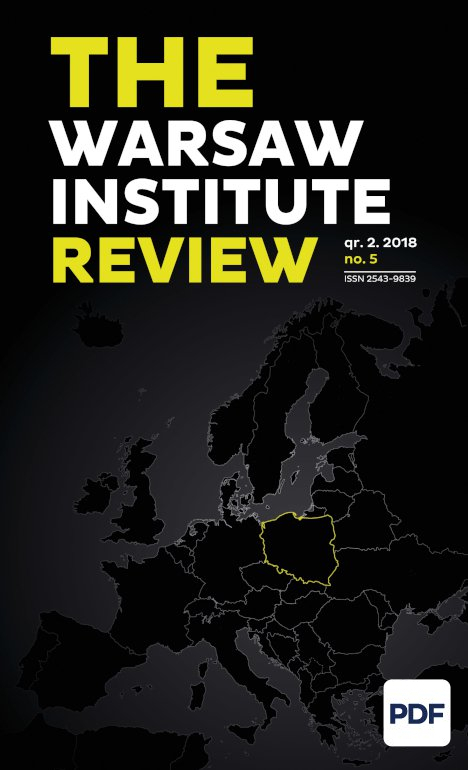THE WARSAW INSTITUTE REVIEW / ISSUES / no. 2/2018
CONTENTS

Agreement for the Future
Signing the declaration by both prime ministers is not only a symbolic termination of misunderstandings concerning the amendment of the Act on the Institute of National Remembrance, but also, and especially, an opening of a new chapter of mutual relationships.

Lukashenko is Playing Several Pianos
The Belarusian authorities have declared their willingness for rapprochement with the European Union and the West in general, which is worrying Russia. President Alexander Lukashenko and his colleagues have already made similar declarations, later changing course and turning back to Moscow again.
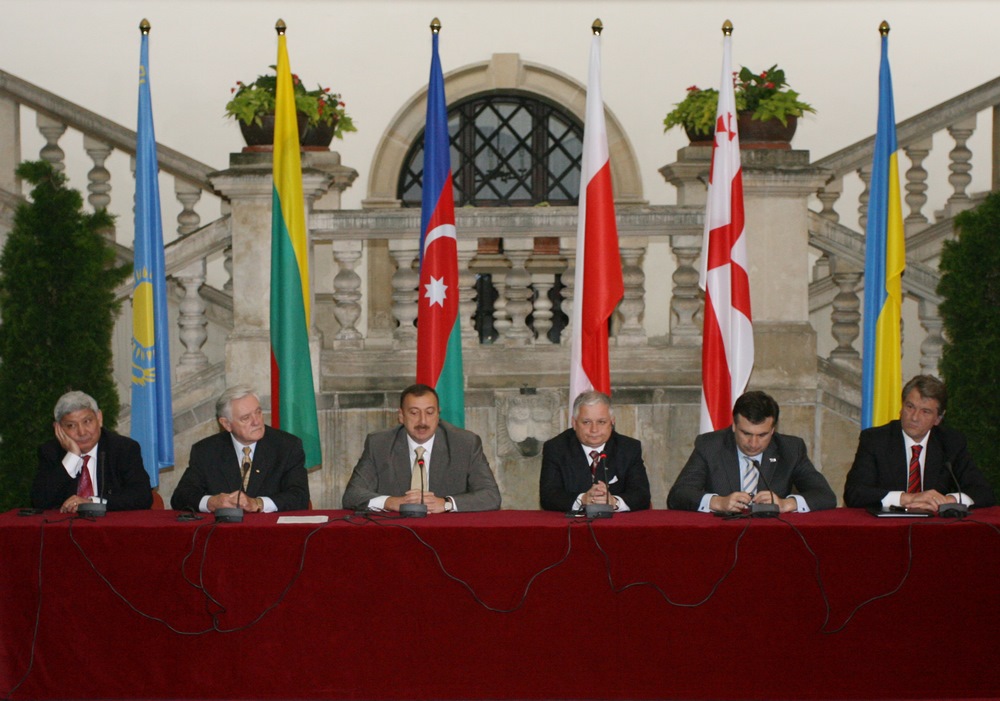
Poland’s Fuming Competition with Gazprom
The consistent efforts of the conservative Polish government, conducted since inter 2015, to build a free market in gas in East-Central Europe, are effectively hindering Russian Gazprom from maintaining its dominant position in this part of Europe.
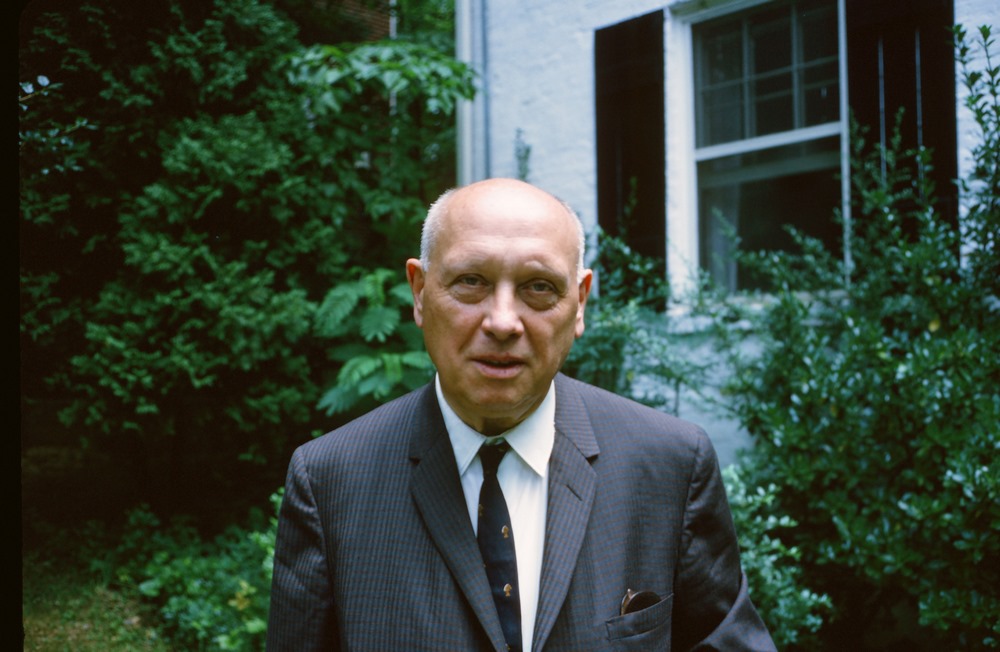
Kulski: A Mayor for Difficult Times
In the most tragic period in the history of Warsaw — the German occupation, the capital city had its own hero, who is forgotten today, who showed great courage and dedication. It was thanks to Julian Spitosław Kulski that Warsaw still had its mayor.
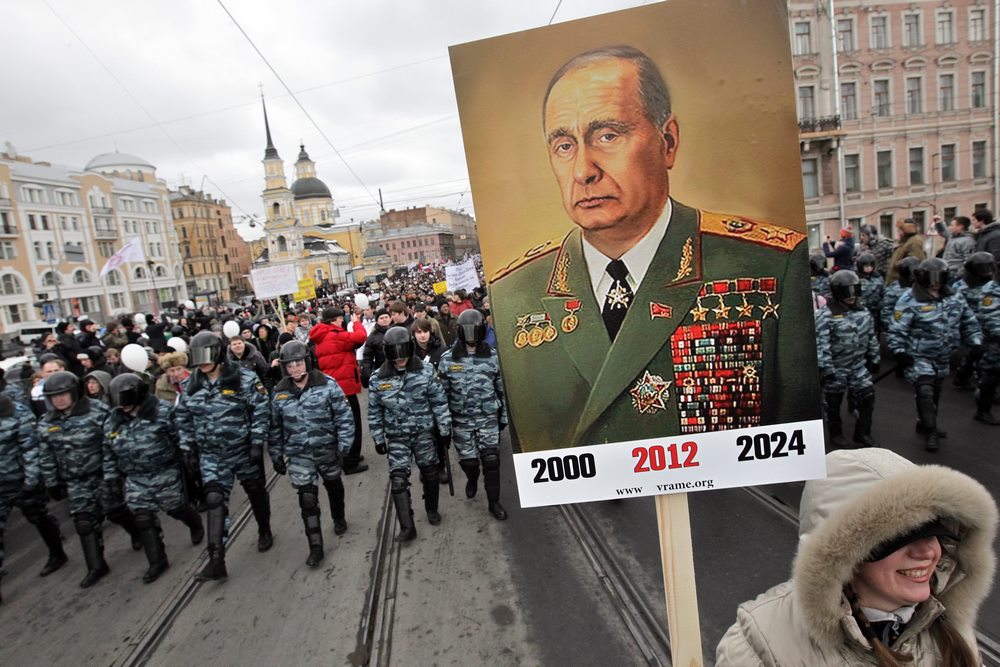
The Sum of All Fears. Putin 2018-2024
The emperor does not explain himself to his subjects, he does not curry favor with them. The emperor’s only role is to ensure safety and peace. How? It does not matter. During the latest presidential campaign, Vladimir Putin did not present any electoral program, nor any comprehensive plans for his fourth term.

Budget of Necessity
The budget of the Russian Federation invariably depends on the prices of energy products on the global markets. When the value of a barrel of oil drops, anxiety appears in the ranks of Russia’s political leaders, as it increases — a relaxed and carefree approach to using state funds returns.
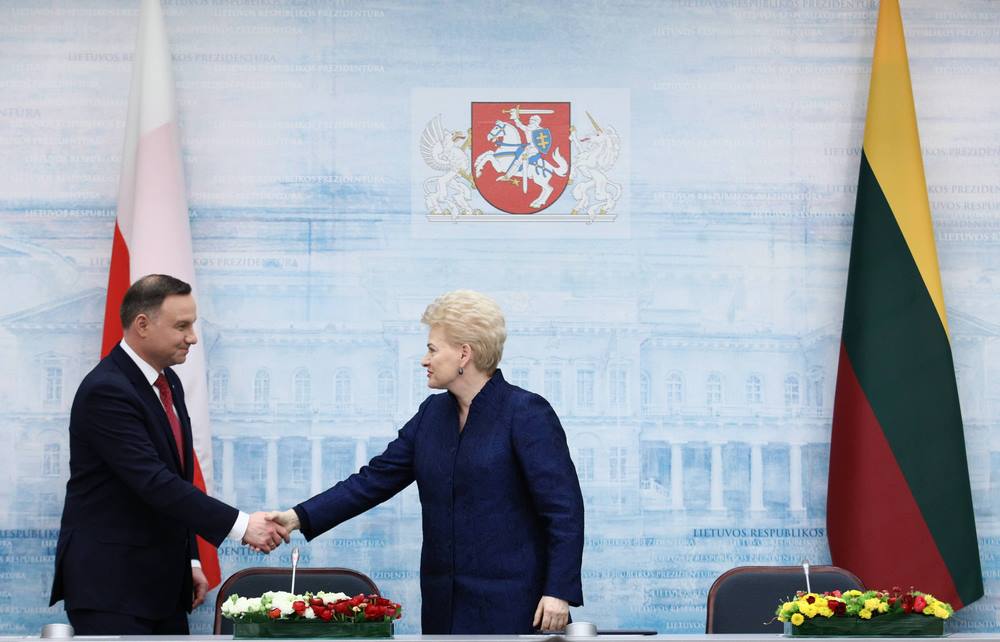
Today’s Potemkin Village: Kremlin Disinformation and Propaganda in Poland
In most studies on the resistance of individual states to Russian propaganda, Poland is considered one of the most resilient countries. Indeed, openly pro-Russian narratives find little understanding among Polish consumers. Similarly, Russian media projects like Sputnik and Russia Today (RT) have not gained in popularity on the Vistula.

Kaliningrad’s island of misfortunes — a Russian offensive from Kaliningrad
The Kaliningrad Region, also called Russia’s island in Europe, is mainly associated with the military threat it poses. The Russian missile systems deployed there and their fleet operating on the Baltic Sea, act upon the imaginations of its neighbors. As such the issue of further militarization presents a serious threat to NATO countries.
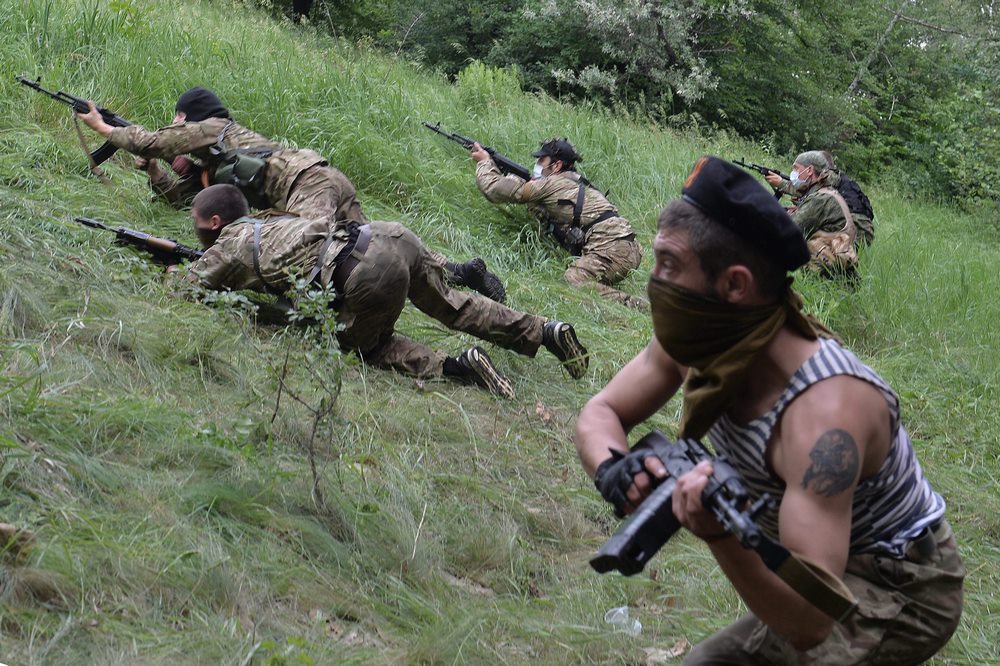
Putin’s Invisible Army
As far as the law is concerned, they are acting illegally, yet the state willingly utilizes them to implement an adventurist foreign policy. Russian mercenaries are “invisible,” and not only to the organs of justice.

Poland and Ukraine: History Divides
Although Polish-Ukrainian relations are more than just good, unfortunately, they have recently found themselves in the shadow of a difficult history between the two nations. In Central and Eastern Europe, history still plays a very important role, and often has a dominant influence on political relations.
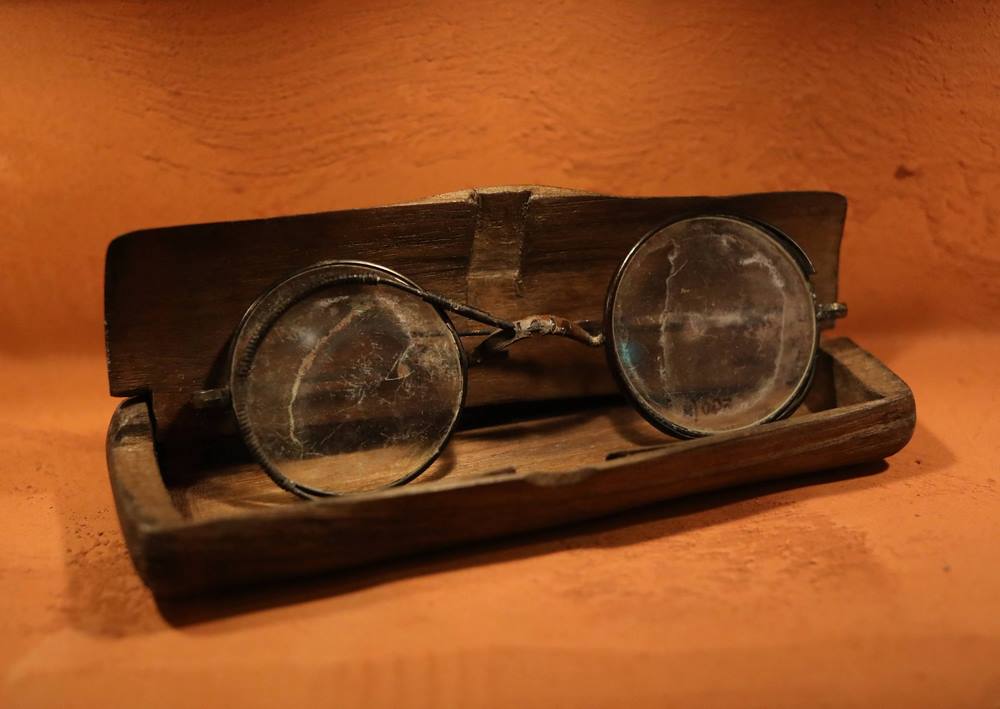
The Criminal Nature of the German and Soviet Occupations
All of the political and military actions of the Poles to regain independence and sovereignty, conducted in 1939–1945, took place in conditions of unusually brutal war campaigns rolling through Polish lands and cruel occupations of Poland’s territory.

